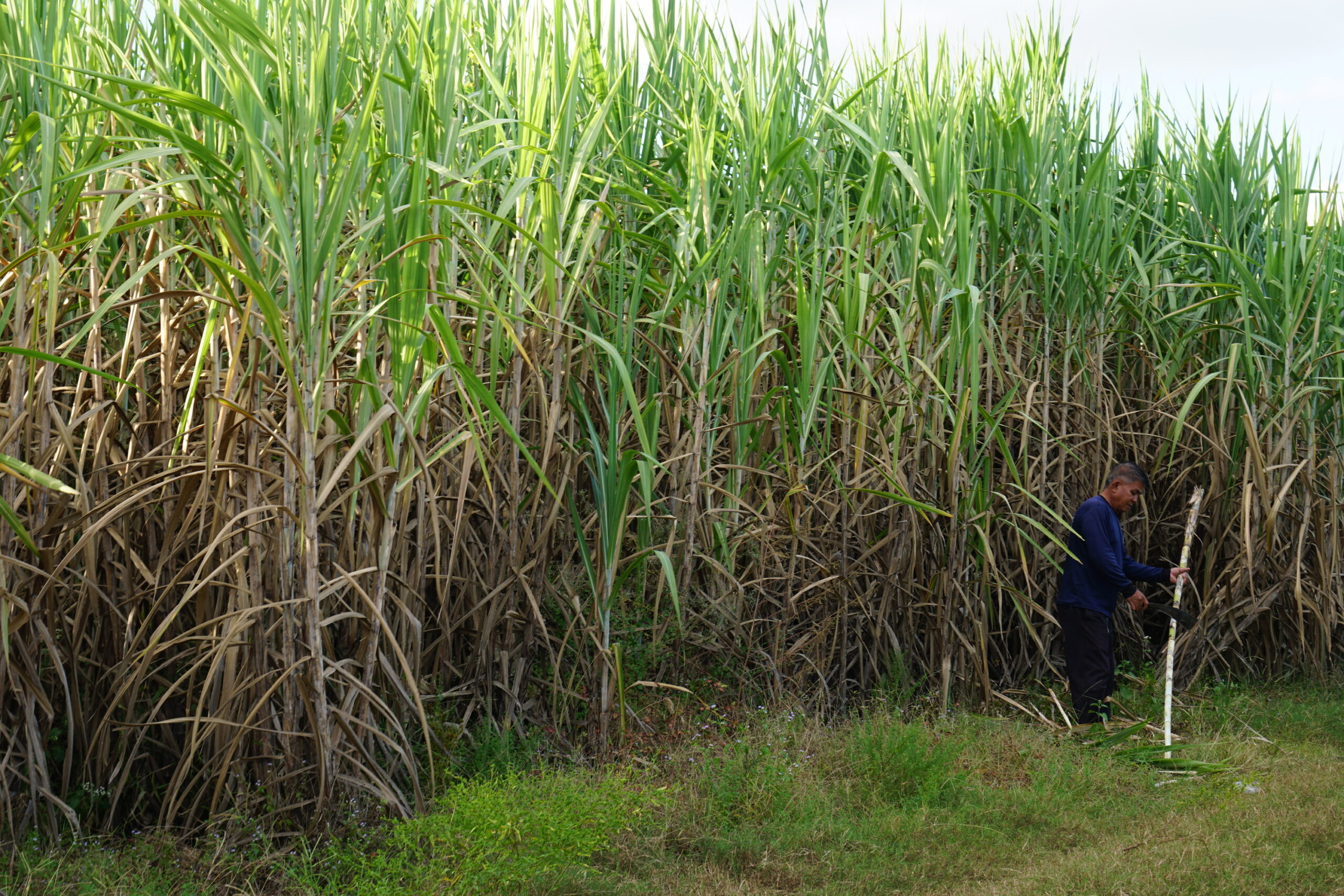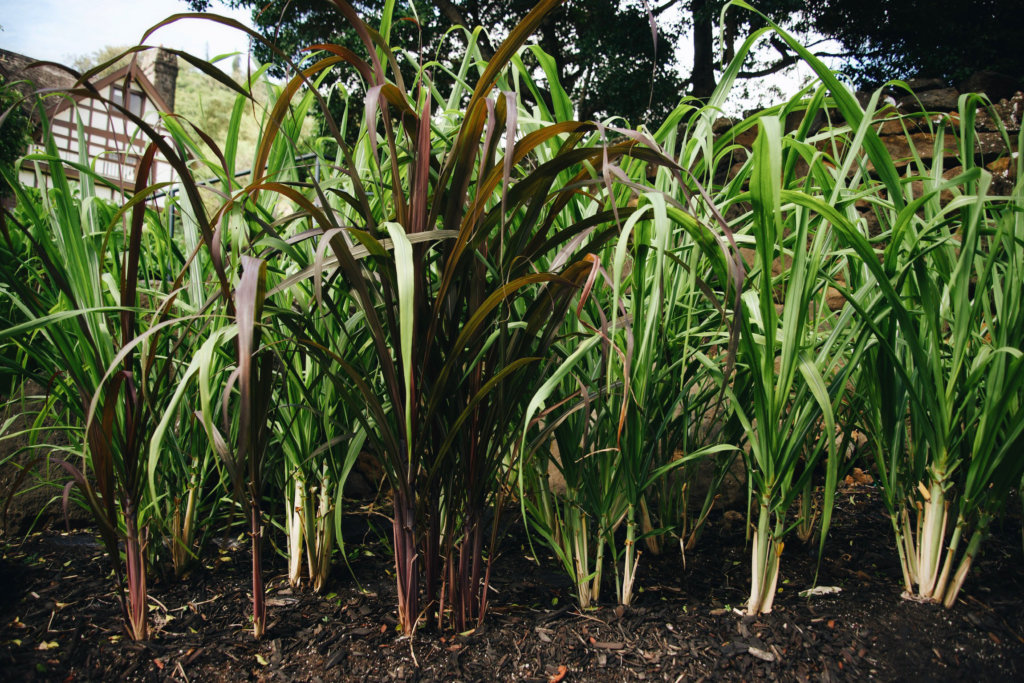How Sugar and Cane Affect Your Taste Buds and Cooking Experience
How Sugar and Cane Affect Your Taste Buds and Cooking Experience
Blog Article
Discovering the Benefits of Cane Sugar Processing Chemicals for Sustainable Practices
The integration of specialized handling chemicals in walking stick sugar production offers a compelling opportunity for progressing sustainable practices within the sector. These chemicals not only improve removal effectiveness and item clearness but additionally contribute to significant decreases in resource intake and environmental impact.

Summary of Walking Cane Sugar Handling
Cane sugar handling entails a series of elaborate steps made to extract and refine sucrose from sugarcane. This procedure begins with harvesting the sugarcane, which is normally done by reducing the stalks close to the ground. sugar and cane. Once harvested, the cane is transferred to a processing center, where it undertakes cleaning and shredding to prepare it for juice extraction
The following action includes crushing the shredded walking cane to launch the juice, which contains dissolved sucrose along with various pollutants. This juice is then cleared up, usually via home heating and the enhancement of lime, to get rid of strong contaminations and get a more clear fluid. The made clear juice is consequently vaporized to concentrate the sugar material, leading to a syrup.
The raw sugar is further improved with procedures such as cleaning and drying, inevitably creating the final product that is appropriate for consumption. Each action in this comprehensive procedure is vital for guaranteeing high-quality cane sugar, highlighting the complexity and accuracy fundamental in sugar manufacturing.
Role of Processing Chemicals

Making use of handling chemicals is integral to the effective removal and purification of sucrose during walking stick sugar manufacturing. These chemicals serve numerous functions, including enhancing the quality of juice, enhancing removal prices, and helping with the elimination of contaminations. Key handling chemicals include phosphoric acid, which aids in the information process, and calcium hydroxide, which reduces the effects of level of acidity and help in the precipitation of impurities.
Furthermore, refining chemicals can improve the total yield of sugar by ensuring optimum sucrose extraction from the walking stick. Chemical treatments are also acquiring prestige, as they can damage down intricate carbs into fermentable sugars, thereby enhancing effectiveness. The application of these chemicals not just enhances the production procedures yet also ensures that the resulting sugar meets strict high quality requirements.
Moreover, the function of handling chemicals encompasses boosting functional efficiency by decreasing the energy and water required during processing. This not just adds to set you back financial savings however likewise lines up with wider sustainability goals within the sugar industry. By understanding and maximizing the duty of these chemicals, producers can enhance production performance while keeping item high quality and safety standards.
Ecological Advantages
Sustainable sugar production not just boosts operational efficiency yet additionally uses considerable environmental benefits that add to a healthier ecosystem. The application of handling chemicals developed for sustainability helps decrease the ecological footprint of sugar manufacturing. These chemicals commonly enable the decrease of damaging byproducts, fostering a cleaner production process that safeguards local waterways and dirt quality.
Moreover, sustainable methods in cane sugar handling boost biodiversity. By minimizing chemical runoff and contaminants, these approaches protect environments and advertise the health of bordering vegetation and fauna. The application of eco-friendly chemicals typically brings about better source monitoring, as they can facilitate making use of natural waste items as fertilizers, therefore shutting the nutrient loophole and enriching the soil.
Inevitably, these advancements not only support the sugar industry's environmental goals however likewise line up with worldwide campaigns intended at combating environment adjustment and advertising sustainability. Embracing these techniques is essential for the long-term stability of sugar manufacturing and the defense of our earth's sources.
Effectiveness and Waste Reduction
Executing sustainable techniques not just enhances environmental outcomes yet likewise drives performance and waste reduction in walking cane sugar processing. The combination of specialized handling chemicals can considerably optimize production operations, lowering the power and water consumption generally related to typical techniques. For instance, enzymes customized to improve more helpful hints sugar extraction can decrease the quantity of basic material required, leading to reduced operational costs and lessened waste generation.
Additionally, by using eco-friendly or non-toxic handling agents, makers can mitigate the threat of wastewater contamination, leading to lowered treatment needs and additional saving resources (sugar article source and cane). Structured procedures enabled by these chemicals can additionally enhance the healing prices of sugar, which not only optimizes output however additionally decreases the volume of byproducts that require disposal
Moreover, implementing real-time tracking modern technologies combined with processing chemicals permits for far better control over operational specifications, promoting quick adjustments that can stop inefficient deviations. In general, the critical utilization of cane sugar processing chemicals advertises an all natural approach to production effectiveness, lining up financial stability with sustainable practices that benefit both producers and the atmosphere.
Enhancing Item Quality

In addition, the application of pH regulators can optimize the processing problems, making sure that the sugar retains its preferable taste profile while decreasing the formation of undesirable by-products (sugar and cane). This not just improves the general top quality however additionally extends the rack life of the sugar, meeting the demands of both merchants and consumers
Additionally, the execution of these chemicals is typically straightened with sustainable methods, lowering the environmental effect of sugar manufacturing while enhancing product top quality. By utilizing environment-friendly and biodegradable web processing agents, makers can boost their market appeal and contribute to sustainable sector criteria.

Verdict
In conclusion, the combination of specialized cane sugar handling chemicals offers considerable advantages for lasting practices within the industry. Eventually, such environmentally friendly remedies align item top quality with sustainability goals, developing a framework for efficient and accountable sugar production.
The integration of specialized handling chemicals in walking cane sugar production provides an engaging possibility for advancing sustainable techniques within the sector. Each step in this substantial procedure is essential for making sure high-quality walking stick sugar, highlighting the intricacy and accuracy inherent in sugar manufacturing.
The use of processing chemicals is indispensable to the efficient extraction and purification of sucrose during walking stick sugar production. The usage of specialized handling chemicals can significantly enhance the purity, shade, and preference of sugar items.In verdict, the assimilation of specialized walking cane sugar processing chemicals offers substantial benefits for sustainable practices within the market.
Report this page